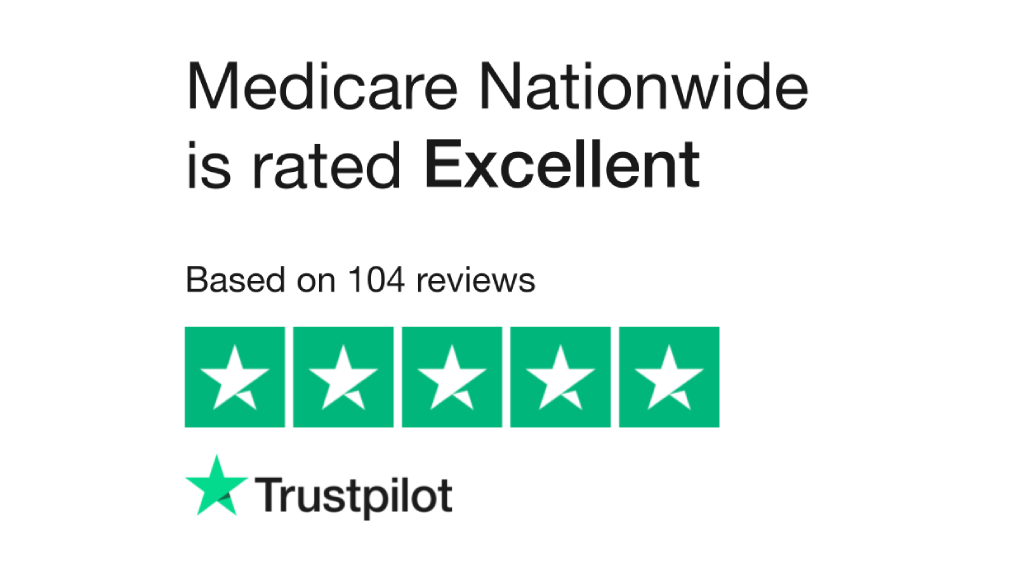Does Medicare cover transportation costs?
Emergency Transportation
Original Medicare does cover emergency transportation. Transportation coverage includes ambulance services under Part B. There are conditions to the coverage. You must have a medically necessary service, and transportation to the medical facility by any other vehicle would endanger your health.
If the emergency is sudden or serious requiring care on the way to the hospital it will be covered. If ground transport is not fast enough because of the injury, Medicare can cover air ambulances such as a helicopter or plane. An example of such an injury would be severe bleeding or shock needing immediate medical care.
Original Medicare does not cover non-emergency transport such as rides to a doctor’s appointment or physical therapy. The exception would be a doctor’s note. If you have a written order from a doctor that transportation is medically necessary it would be covered.
Because End-Stage Renal Disease (ESRD) often has exceptions within Medicare, is there a different coverage for this condition? The rules for transportation for dialysis are the same as other conditions. Transportation by normal means must endanger your health, requiring the need for medical transport. Also, a written note from a doctor stating the same would be required.
Non-Emergency Transportation
What if you pre-arrange medical transport for a non-emergency situation? Are there any situations where you can find coverage?
Medicare will cover this cost in certain circumstances.
You must meet one or more of these requirements:
- You are not able to walk
- You are unable to stand without assistance
- You are unable to sit in a wheelchair or chair
- You are in need of vital medical services during a trip
Skilled Nursing Facilities Transportation
If you live in a skilled nursing facility, Medicare may cover a non-emergency trip. To cover this trip you must have a doctor’s note to advise that travel is necessary. When a person has Medicare Part A, the skilled nursing facility should pay for the transportation cost. The facility should not charge Medicare for any transportation charges.
This appointment is meant to alleviate any concerns and there is no-cost or obligation to make a change.
Medicare Advantage & Medical Transportation
Medicare Advantage or Medicare Part C will cover everything that Original Medicare does, so the basic Medicare rules will apply. Medicare Advantage Plans can vary by company and geography. Ambulance costs are one item that can vary by plan.
Medicare Advantage plans also offer extra benefits that Original Medicare does not cover. These benefits can include non-emergency transportation such as trips to the doctor, physical therapy, pharmacies, or even hospital visits, or even dialysis facilities. If you have a Medicare Advantage plan, you need to check your individual plan to determine if you have this coverage being added.
Recent Legislative Changes & Medical Transportation
In April of 2019, the Center for Medicare & Medicaid services expanded the list of benefits that private insurance companies can offer as part of a Medicare Advantage plan. The expanded options took effect in 2020.
This expansion of coverage can include things such as:
- Wheelchair Ramps
- Transport to doctor’s offices
- Air Conditioners for Asthmatics
- Handrails installed in your home
- Expanded coverage for home health aides
It is important to remember that these coverages are not mandatory or required by insurance companies, but can be optional benefits that carriers can choose to offer. As of 2020, the percentage of Medicare Advantage companies offering medical transportation benefits was 35%. If this benefit continues to improve customer acquisition and retention, you will begin to see more companies offer this option.
If these coverages fit your own healthcare needs, please check with your current policy. Also, our agents can assist in finding companies that offer these benefits.
Ride-Sharing & Medical Transportation
You may have used a ride-sharing service such as Uber or Lyft when you travel. You realize how convenient and easy these services are to get around when you don’t have access to a vehicle. They are affordable and easy to use.
Lyft, in particular, has partnered with many companies and their Medicare Advantage Plans. The partnership has been successful, one insurance company reported a “39 percent drop in ride costs and a 40 percent decrease in wait time for its patients after partnering with Lyft.”
Lyft has future plans to partner with fitness centers and especially the SilverSneakers program. SilverSneakers is an added fitness benefit included in many Medicare Advantage and Medicare Supplement plans.
Medicare Supplements & Medical Transportation
Medicare Supplement plans (Medigap policies) do not cover transportation. However, because this is covered under Original Medicare Part B, a Supplement plan may help with the out-of-pocket costs.
For example, the Part B deductible would apply to an ambulance ride. You would be responsible for that amount. Also, you are responsible for 20% co-insurance of the Medicare-approved amount. These costs are where a Supplement plan can. Many Medicare Supplement plans will cover the Part B deductible and the 20% out-of-pocket cost. Technically, the Supplement does not cover transportation but it can help with costs incurred.
How do I schedule a ride with Medicare?
If it is a non-emergency ride, you must schedule it through your doctor for there to be any coverage. It also must be covered inside of your plan.
Will Medicare pay for transportation from one state to another?
In emergency situations, the rules will follow the Original Medicare rules. You may live on a state line, and the nearest hospital will be over a state border. The one area where you need to be careful is with Medicare Advantage.
Transportation may be covered, but the hospital where you receive care could be out-of-network. Being out-of-network with Medicare Advantage may impact the reimbursement amounts. Check with your policy and understand all the networks within your geographical area to determine where you may have coverage gaps.
Other Options for Medical Transportation
If you don’t have any current availability of medical transportation in your coverage package there are other options.
Medical Savings Programs
Medical Savings Programs can help with costs. There are 4 different types of these programs, each offering a different benefit package.
- Qualified Medicare Beneficiary programs: These plans help pay premiums for parts A & B. They can also help pay copayments, co-insurance, and deductibles. This includes out-of-pocket costs associated with Medical Transportation.
- Specified Low-Income Medicare Beneficiary programs: This program only helps with the Part B premium, and wouldn’t pay any out-of-pocket costs for transportation.
- Programs of All-Inclusive Care for the Elderly: This is run jointly by Medicare and Medicaid. You must have both Medicare and/or Medicaid, live in an area covered by PACE, and need nursing home-level care. PACE will cover transportation to a PACE center for medically necessary care. There could be a monthly premium attached to the program.
All programs are usually based on income to qualify. If you have questions about qualifications, talk with one of our agents for more details.
This appointment is meant to alleviate any concerns and there is no-cost or obligation to make a change.
State & Local Programs
Your city or state may have additional programs that help with transportation. Please check with local senior organizations to find more information. You can start with the Area Agencies on Aging for more information.
Bottom Line
Medical Transportation is needed by many seniors. As you’ve seen there is a wide diversity of what is covered and what is not. If this is a needed coverage, make sure to speak with one of our agents and they can identify companies that offer such benefits. It may be a good time to review your coverages and make sure there are no gaps, especially related to medical transportation. Without it, you might find yourself with out-of-pocket expenses you did not expect.
Prefer to chat by phone? Give us a call at 1-888-559-0103.

